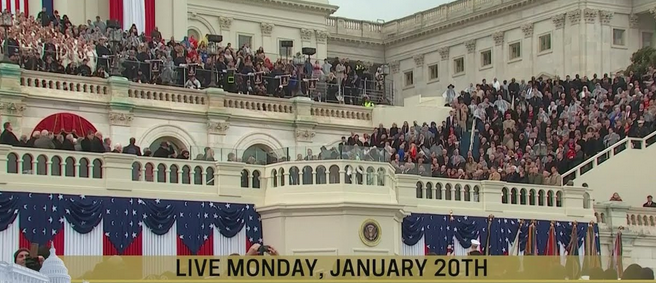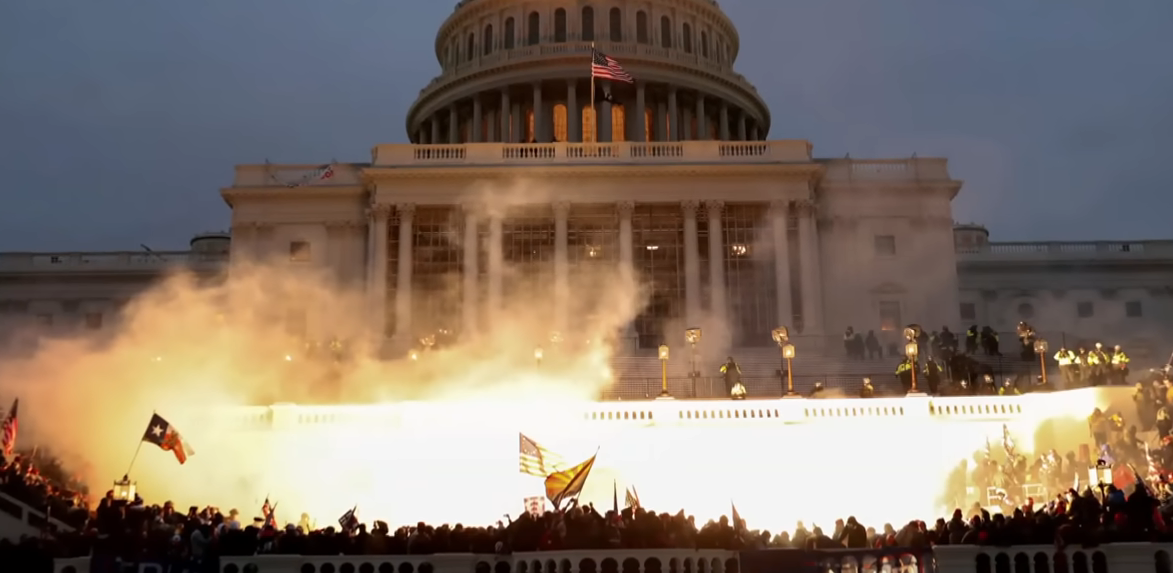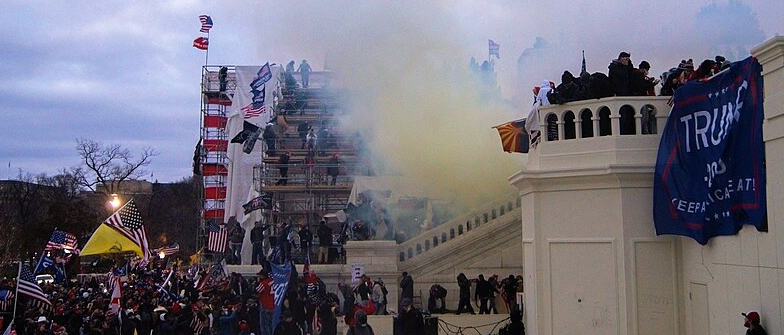Photos: Twitter
MONTGOMERY, Ala. – Today, U.S. Rep. Terri A. Sewell of Alabama’s 7th Congressional District re-introduced H.R. 4, the John R. Lewis Voting Rights Advancement Act. If passed by both houses of Congress and signed by the president, the law would restore Section 5 of the Voting Rights of 1965 and give the Department of Justice the power once again to oversee and approve any voting changes in jurisdictions, including entire states, with recent histories of discrimination in voting.
Yesterday, the Southern Poverty Law Center (SPLC) submitted three reports on the state of discrimination in voting in Alabama, Louisiana, and Mississippi. The SPLC has active cases challenging provisions of voting-related state laws passed in 2021 in Georgia as well as Florida.
The following statement about the reintroduction of the John Lewis Voting Rights Advancement Act is by Margaret Huang, President and CEO of the SPLC Action Fund:
“Through our collaborative, intersectional work with community partners around the Deep South, we have witnessed first-hand continued efforts to suppress the vote and undermine the democratic process particularly for communities of color since the Shelby County v. Holder decision in 2013. For generations after 1965, legislators of both parties and Americans across all ideologies have supported the Voting Rights Act because they understand that for our democracy to be healthy, every voter in the country must have safe, easy, and equitable access to their fundamental right to vote. Facing Supreme Court decisions that have significantly weakened the landmark law, and a proliferation of state anti-voter laws – particularly in the South – Congress must act to restore the Voting Rights Act to its full vigor and promise.
“With the John R. Lewis Voting Rights Advancement Act in place, the federal government will again act as a barrier to prevent racially discriminatory voting changes before they can harm voters in jurisdictions with records of present discrimination in voting – like Alabama, Georgia, Florida, Louisiana, and Mississippi – and finally create a democracy that works for us all no matter where we live. Congress should utilize every legislative tool in its capacity to get this done; democracy is too important to be subject to a minority veto.”








